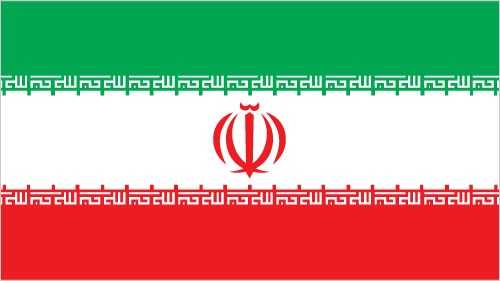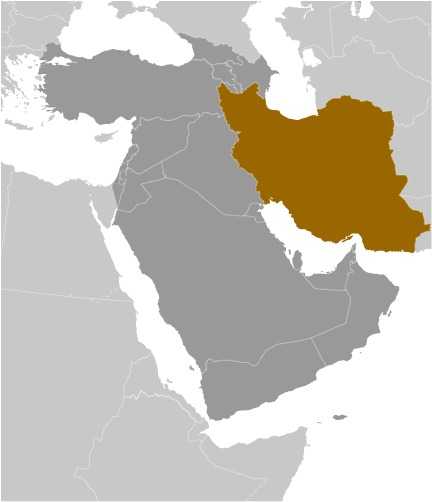
Travel Facts - Iran
US State Dept Travel Advisory
Passport/Visa Requirements
US Embassy/Consulate
LGBTQIA+, Women, and Special Needs Travelers
Telephone Code
Local Emergency Phone
Vaccinations
Climate
Electricity/Voltage/Plug Type(s)
Major Languages
Time Difference
Potable Water
International Driving Permit
Road Driving Side
Souvenirs
Traditional Cuisine


